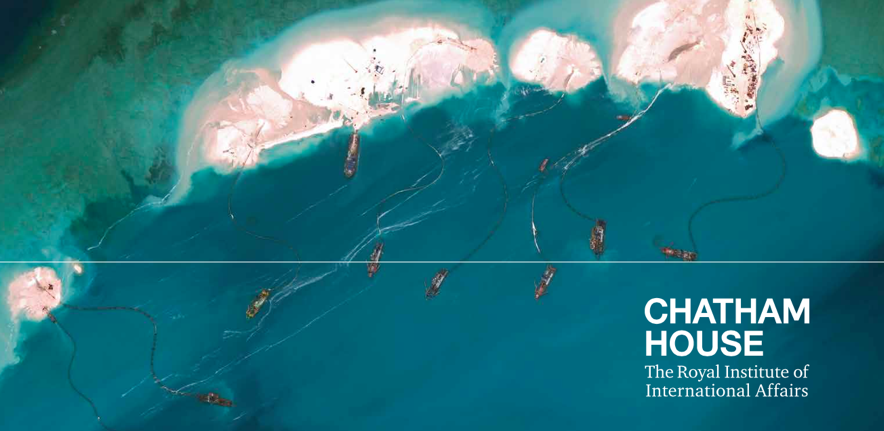
Submitted by Administrator on Fri, 31/07/2015 - 15:04
Dr Kun-Chin Lin, Director of the Centre for Rising Powers (CRP), and Dr Andrés Villar Gertner, Research Associate at CRP, have published a new report on Maritime Security in the Asia-Pacific with a focus on China and the Emerging Order in the East and South China Seas. It argues that while Asian regionalism has traditionally been weak in incorporating non-state interests, a breakthrough in maritime governance will depend on securing the representation of, and contributions from, non-state actors.
In order for powers such as the US, Australia and Europe to play a constructive role, this paper suggests the following starting points for better understanding the challenges of maritime governance in Asia:
- Asian states need to recognize the limits of Westphalian preconceptions of maritime sovereignty. Countries in the region are close geographically, and linked by critical maritime spaces. But they are far apart in terms of national identity, and divided by traumatic historical antagonisms.
- Contending states need to show greater respect for the claims of disputants, without necessarily accepting the legitimacy of these claims. For example, beyond pointing out China’s underdefined territorial claims, we suggest that the origin of these claims should be explored in detail and their effects on domestic political discourse in China and other states observed.
- Stronger incentives are needed to promote the use of the UN Convention on the Law of the Sea (UNCLOS)/the International Tribunal for the Law of the Sea (ITLOS)/the International Court of Justice (ICJ), as means of dispute management. This would involve recognizing the maritime law regime’s problems rather than touting its universality, and encouraging Asian nations (in particular, China) to accept and apply UNCLOS principles and rules.
- Greater coordination of policy should be sought. There is no global best practice in maritime governance, only a diverse set of references drawing on common challenges and tried options. In particular, the European experience with the Arctic Council and other cooperative mechanisms provides a rich set of practices for consideration. When exploring options, policy-makers should keep in mind from the outset the importance of harmonization to avoid ‘nesting’ problems (such as in free-trade agreements), and to minimize burdens on commercial agents who would be subject to these regulatory and institutional requirements.
- The success of maritime governance depends a great deal on securing the representation of, and contributions from, non-state actors such as industries, fisheries groups, scientific communities, NGOs, think-tanks and local communities. While Asian regionalism has traditionally been weak in incorporating non-state interests, the nature of issues involved in the maritime domain necessitates this approach.
